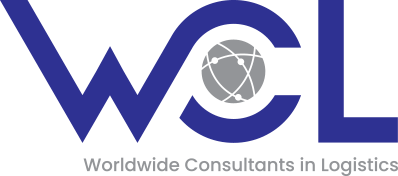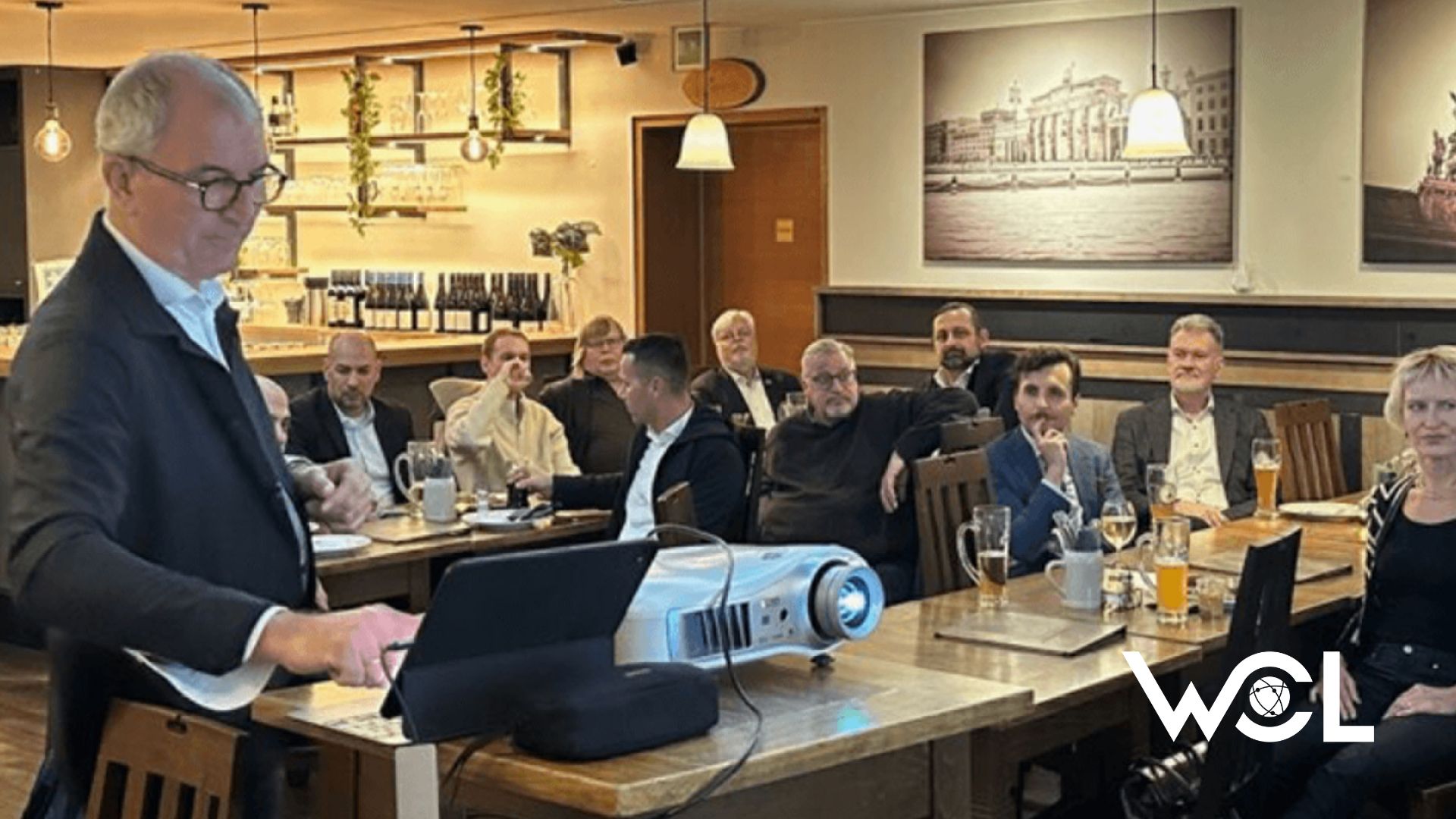On 14 October 2025, the Federation of Aluminium Consumers in Europe (FACE) hosted a high-level roundtable in Berlin.
The central question: how can security of supply, climate policy, and industrial competitiveness in Europe be aligned for the future?
Martin Sieg, Managing Partner at WCL – Worldwide Consultants in Logistics, presented the study commissioned by FACE,
“International Logistics and Trade Flows for Aluminium in Times of Disrupted Supply Chains,”
which he developed on behalf of the association.
The analysis illustrates how closely Europe’s climate targets, industrial production, and supply chain stability are interconnected – and the crucial role logistics plays in ensuring access to low-carbon raw materials.
During the subsequent discussion with representatives from politics, industry, administration, and security authorities, several key insights emerged:
-
Aluminium is a key material for the energy transition. Without this lightweight metal, electromobility, renewable energy, and energy-efficient construction would not be possible.
-
Europe’s industry remains dependent on imports to meet the growing demand for climate-friendly aluminium.
-
Global supply chains are under pressure. Geopolitical tensions – in the Red Sea, the Persian Gulf, and East Asia – are disrupting transport routes and significantly increasing the cost of low-carbon materials.
FACE therefore called for a long-term European raw materials strategy that equally considers climate protection and security of supply.
This includes developing a “Green Logistics Resilience Framework” to safeguard supply chains through early-warning mechanisms, alternative routes, digital traceability, and diplomatic coordination.
“Europe can only achieve its climate goals if access to low-carbon raw materials is ensured,”
emphasized FACE President Mario Conserva.
“This requires an open, fact-based dialogue on supply sources, certifications, and fair competition conditions.”
The study prepared by Martin Sieg provides an important foundation for this dialogue – underscoring that
logistics is a strategic key to Europe’s energy transition.

